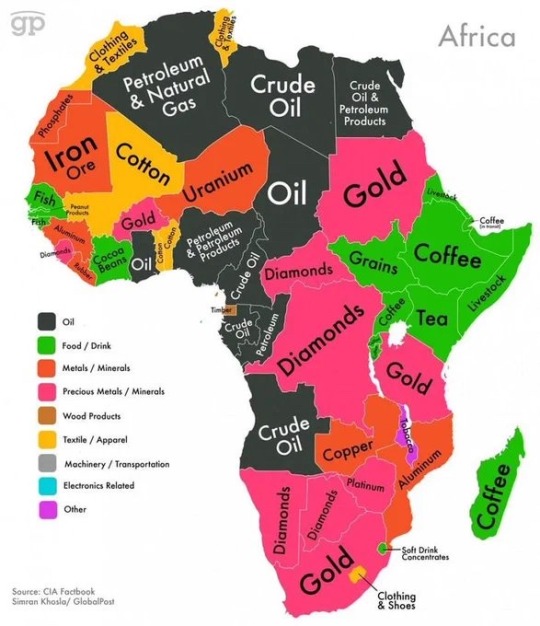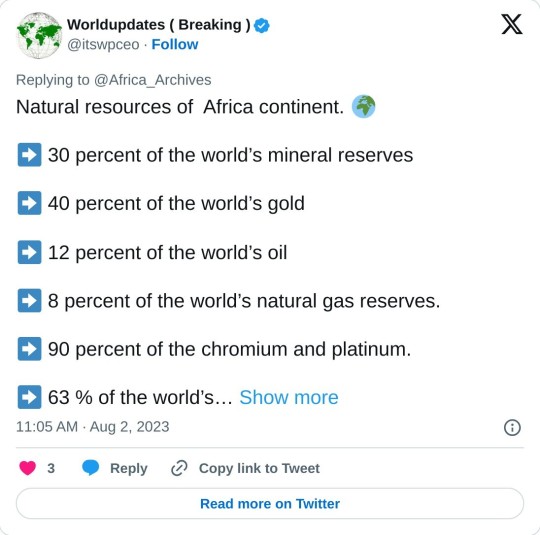#African Resources
Text
The Devil Came To Afrika
Everybody gets rich in Afrika BUT Afrikans!
Even decades ago Europeans pulled the okey-doke and we fell for it! They taught you that there was nothing in Afrika! That the motherland of all of the natural resources on earth was worthless, including us! Then proceeded to “scramble” for Afrika! If you’ve ever noticed in the Bible the Devil RARELY used FORCE! Not that he’s incapable he’s a warrior well-versed in combat. But like a lawyer he…

View On WordPress
11 notes
·
View notes
Text
Duolingo Sucks, Now What?: A Guide
Now that the quality of Duolingo has fallen (even more) due to AI and people are more willing to make the jump here are just some alternative apps and what languages they have:
"I just want an identical experience to DL"
Busuu (Languages: Spanish, Japanese, French, English, German, Dutch, Italian, Portuguese, Chinese, Polish, Turkish, Russian, Arabic, Korean)
"I want a good audio-based app"
Language Transfer (Languages: French, Swahili, Italian, Greek, German, Turkish, Arabic, Spanish, English for Spanish Speakers)
"I want a good audio-based app and money's no object"
Pimsleur (Literally so many languages)
Glossika (Also a lot of languages, but minority languages are free)
*anecdote: I borrowed my brother's Japanese Pimsleur CD as a kid and I still remember how to say the weather is nice over a decade later. You can find the CDs at libraries and "other" places I'm sure.
"I have a pretty neat library card"
Mango (Languages: So many and the endangered/Indigenous courses are free even if you don't have a library that has a partnership with Mango)
Transparent Language: (Languages: THE MOST! Also the one that has the widest variety of African languages! Perhaps the most diverse in ESL and learning a foreign language not in English)
"I want SRS flashcards and have an android"
AnkiDroid: (Theoretically all languages, pre-made decks can be found easily)
"I want SRS flashcards and I have an iphone"
AnkiApp: It's almost as good as AnkiDroid and free compared to the official Anki app for iphone
"I don't mind ads and just want to learn Korean"
lingory
"I want an app made for Mandarin that's BETTER than DL and has multiple languages to learn Mandarin in"
ChineseSkill (You can use their older version of the course for free)
"I don't like any of these apps you mentioned already, give me one more"
Bunpo: (Languages: Japanese, Spanish, French, German, Korean, and Mandarin)
#EDIT: Added a great resource for ESL and African languages that weren't found elsewhere#I do NOT recommend memrise and will talk about it another day but#langblr#duolingo#duo#language learning#language learning apps#mandarinblr#resource#reference
69K notes
·
View notes
Text
The Ones Who Claimed Africa's Whole Gold Inventory
At any point might you at some point comprehend that Elon, musk, Jeff, Bezos or Bernard Arnold are only walking around the domain of the rich? In no way, shape or form these refined men have shot themselves to an unbelievable status, standing side by side with the titans of abundance all through the chronicles of history. Presently, how about we set out on a fascinating excursion to investigate and reveal the tales of the genuine heavyweights. Who've made a permanent imprint on the abundance scene across hundreds of years, John d Rockefeller. While diving into the records of history's most affluent people, we unavoidably experience faces that become the stuff of dreams for scheme, scholars around the world, john d Rockefeller is exactly one such figure.
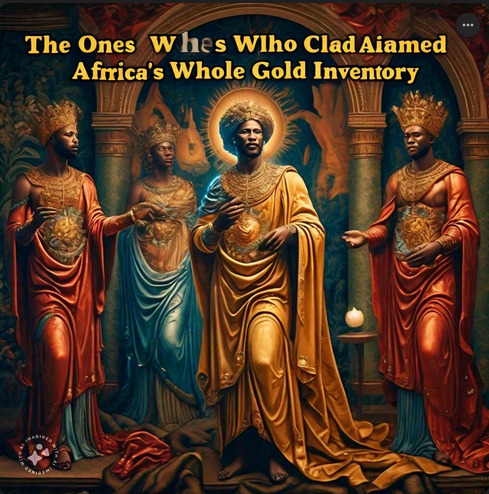
#Africa#gold#wealth#history#colonization#European conquest#resource exploitation#African riches#gold mining#imperialism#economic exploitation#African history#colonization of Africa#African resources#gold reserves#African wealth#European settlers#African colonization#European imperialism#gold production#African economy#European powers#African nations#colonialism#African civilizations#African gold trade#European dominance#African exploitation#African heritage
0 notes
Text
BBC News: G7 Summit: Africa seeks new role as nations eye its resources
BBC News - G7 Summit: Africa seeks new role as nations eye its resources
minutes
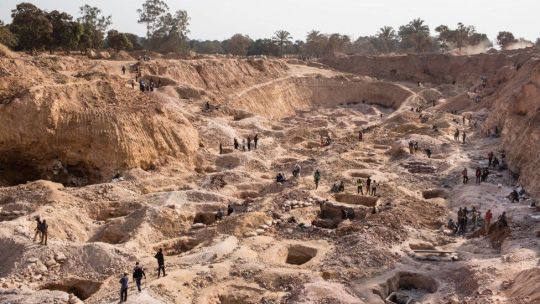
Resources such as Democratic Republic of Congo's cobalt are in huge global demand because of their use in electric vehicle batteries
Africa will not accept that it "should just continue to be a source of raw materials" for the rest of the world, the African Union's Trade Commissioner has told the BBC.
Albert Muchanga says instead his continent wants a future of "genuine and mutually beneficial relationships" with its trade partners.
It comes as the AU's chair has been invited to the G7 summit in Japan amid intensifying competition with China for Africa's natural resources.
With Western powers seeking greater trade links with the continent, there have been visits to a host of African countries in the run-up to the summit from the leaders of France and Germany, as well as the US vice-president.
Japan's Prime Minister Fumio Kishida visited Egypt, Ghana, Kenya and Mozambique at the start of this month as he sought to bolster African support for his efforts to counter Chinese and Russian influence on the continent, as well as in regards to Taiwan and Ukraine.
Speaking in Maputo on 4 May he said: "Many countries of the so-called Global South are hurt and suffering from high food and energy prices. The cause of this issue should be traced to Russia's invasion of Ukraine."
Mr Muchanga welcomes the recognition of Africa's problems. He says the disruption caused by the Covid pandemic is also to blame for problems that are "multi-dimensional".
"It's a recognition of that the North and the South want deeper interdependence, and it's welcome."
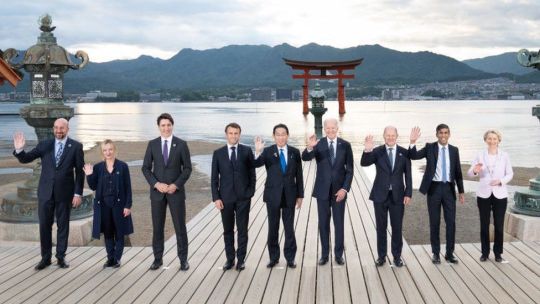
Several G7 leaders have visited Africa in recent weeks as they seek to strengthen cooperation on a range of global challenges
The Zambian official says that with the era of colonialism now in the past, Africa wants to get more benefit from that relationship by equipping itself with the skills to keep more of the economic value from its vast natural resources.
"We are not going to continue as the historical sources of raw materials. It will not work because of a growing population, which wants opportunities for decent jobs, and that can only come from the processes of manufacturing and agro-processing," he says.
"A good example has been given by DRC and Zambia, when they're going to come up with a joint project on the production of batteries for electric vehicles." The two countries are major exporters of the copper and cobalt needed for the batteries, which are in growing demand around the world.
US-China rivalry
The United States is trying to boost its trade ties with Africa as it seeks to tackle climate change. During a visit to Tanzania in March, Vice-President Kamala Harris highlighted a project which will benefit from US financing, which she said was a "first-of-its-kind processing facility on the continent for minerals that go into electric vehicle batteries".
"Importantly, raw minerals will soon be processed in Tanzania, by Tanzanians. It will help address the climate crisis, build resilient global supply chains, and create new industries and jobs."
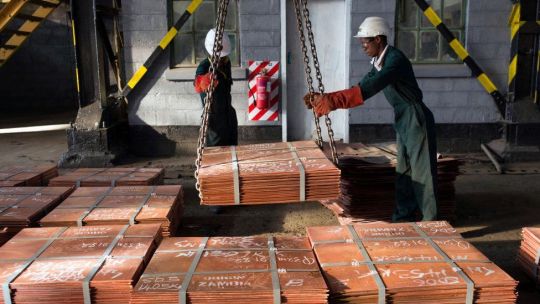
Demand for products such as Zambia's copper has led other countries to focus on increasing trade with Africa
Last year, China's trade relationship with Africa reached a record $282bn (£226bn), according to Chinese customs data. That marked an 11% increase from the year before as prices for commodities such as oil, copper, cobalt and iron ore surged. It also means Africa-China trade is nearly four times as big as US-Africa trade, which came in at $72.6bn.
However "more manufactured and value-added products are shipped to the US than are shipped to China", according to Florizelle Liser, who runs Corporate Council on Africa, a Washington-based organisation that aims to boost US-Africa trade.
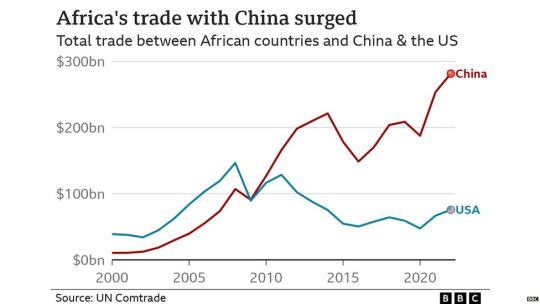
China has become Africa's largest trading partner since it joined the World Trade Organisation in 2001
Ms Liser adds that Africans "whether in government or the private sector really do like working with US companies for a variety of reasons. They liked the American brand."
"They liked the fact that working with the Americans, often there's more transparency in the relationship. And they also like the fact that US companies do a lot in terms of skills transfer, and in technology transfer, and they don't necessarily see this with all the other partners, China as well as others."
China debt concerns
That lack of transparency in trade relations was criticised recently by outgoing World Bank President David Malpass, who told the BBC he was concerned about the long-term implications of Chinese loans to Africa and called for international financial support to be more transparent.
Billions of dollars have been spent on projects such as ports, railways and electricity grids. Despite the economic benefits, it has left countries including Ethiopia, Ghana and Zambia struggling to repay their debts amid claims that China is using them as leverage for political influence to support its demand for natural resources.
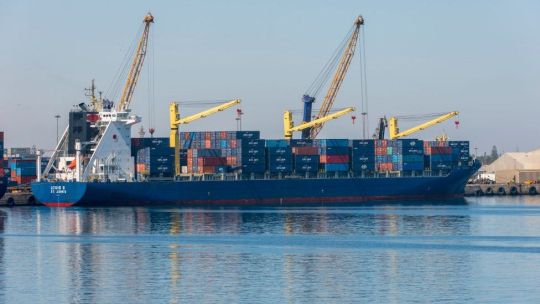
China funded the construction of ports such as Walvis Bay in Namibia which have allowed the export of natural resources
During a visit to Beijing by Gabon's president last month, China's Vice-Foreign Minister Deng Li denied that was the case, saying: "We are not bringing a so-called 'debt trap'. We are bringing development opportunities. We have never attached any political strings to our aid and economic assistance to African countries."
The African Union's Mr Muchanga says: "China has really done quite a considerable job in promoting infrastructure deployment across Africa through the Belt and Road Initiative."
However he says transparency in trade relations is very important. "There should be no hidden clauses. Unfortunately, there have been hidden clauses in the past."
He adds that "at the negotiating table before the deal is signed, everybody should be very clear on what they're signing on. I think that's the lesson that we need to take into the future."
One way Africa is trying to strengthen its hand in trade deals is through the development of the African Continental Free Trade Area. The flagship project of the African Union is aimed at eliminating trade barriers and boosting trade within the continent but has yet to be fully implemented.
"The next stage is to move it to an African Customs Union," explains Mr Muchanga, who hopes that eventually AfCFTA will allow its 54 members to strengthen its negotiating hand with the rest of the world on trade in a similar manner to the European Union.
Mr Muchanga says that the AU's invitation to the G7 summit is "a recognition of the systemic influence of Africa to the global economy".
"Africa should really be able to speak very strongly with one voice on all global economic issues."
#G7 Summit: Africa seeks new role as nations eye its resources#environmental disasters#scavengers#African Resources#stolen legacy#china#vampire debt#economic vultures#African economy#G7
1 note
·
View note
Text
Naming International POC Characters: Do Your Research.
This post is part of a double feature for the same ask. First check out Mod Colette's answer to OP's original question at: A Careful Balance: Portraying a Black Character's Relationship with their Hair. Below are notes on character naming from Mod Rina.
~ ~ ~
@writingraccoon said:
My character is black in a dungeons and dragons-like fantasy world. His name is Kazuki Haile (pronounced hay-lee), and his mother is this world's equivalent of Japanese, which is where his first name is from, while his father is this world's equivalent of Ethiopian, which is where his last name is from. He looks much more like his father, and has hair type 4a. [...]
Hold on a sec.
Haile (pronounced hay-lee), [...] [H]is father is this world’s equivalent of Ethiopian, which is where his last name is from.
OP, where did you get this name? Behindthename.com, perhaps?

Note how it says, “Submitted names are contributed by users of this website. Check marks indicate the level to which a name has been verified.” Do you see any check marks, OP?
What language is this, by the way? If we only count official languages, Ethiopia has 5: Afar, Amharic, Oromo, Somali, & Tigrinya. If we count everything native to that region? Over 90 languages. And I haven't even mentioned the dormant/extinct ones. Do you know which language this name comes from? Have you determined Kazuki’s father’s ethnic group, religion, and language(s)? Do you know just how ethnically diverse Ethiopia is?
~ ~ ~
To All Looking for Character Names on the Internet:
Skip the name aggregators and baby name lists. They often do not cite their sources, even if they’re pulling from credible ones, and often copy each other.
If you still wish to use a name website, find a second source that isn’t a name website.
Find at least one real life individual, living or dead, who has this given name or surname. Try Wikipedia’s lists of notable individuals under "List of [ethnicity] people." You can even try searching Facebook! Pay attention to when these people were born for chronological accuracy/believability.
Make sure you know the language the name comes from, and the ethnicity/culture/religion it’s associated with.
Make sure you understand the naming practices of that culture—how many names, where they come from, name order, and other conventions.
Make sure you have the correct pronunciation of the name. Don’t always trust Wikipedia or American pronunciation guides on Youtube. Try to find a native speaker or language lesson source, or review the phonology & orthography and parse out the string one phoneme at a time.
Suggestions for web sources:
Wikipedia! Look for: “List of [language] [masculine/feminine] given names,” “List of most common [language] family names,” “List of most common surnames in [continent],” and "List of [ethnicity] people."
Census data! Harder to find due to language barriers & what governments make public, but these can really nail period accuracy. This may sound obvious, but look at the year of the character's birth, not the year your story takes place.
Forums and Reddit. No really. Multicultural couples and expats will often ask around for what to name their children. There’s also r/namenerds, where so many folks have shared names in their language that they now have “International Name Threads.” These are all great first-hand sources for name connotations—what’s trendy vs. old-fashioned, preppy vs. nerdy, or classic vs. overused vs. obscure.
~ ~ ~
Luckily for OP, I got very curious and did some research. More on Ethiopian & Eritrean naming, plus mixed/intercultural naming and my recommendations for this character, under the cut. It's really interesting, I promise!
Ethiopian and Eritrean Naming Practices
Haile (IPA: /həjlə/ roughly “hy-luh.” Both a & e are /ə/, a central “uh” sound) is a phrase meaning “power of” in Ge’ez, sometimes known as Classical Ethiopic, which is an extinct/dormant Semitic language that is now used as a liturgical language in Ethiopian churches (think of how Latin & Sanskrit are used today). So it's a religious name, and was likely popularized by the regnal name of the last emperor of Ethiopia, Haile Selassie (“Power of the Trinity”). Ironically, for these reasons it is about as nationalistically “Ethiopian” as a name can get.
Haile is one of the most common “surnames” ever in Ethiopia and Eritrea. Why was that in quotes? Because Ethiopians and Eritreans don’t have surnames. Historically, when they needed to distinguish themselves from others with the same given name, they affixed their father’s given name, and then sometimes their grandfather’s. In modern Ethiopia and Eritrea, their given name is followed by a parent’s (usually father’s) name. First-generation diaspora abroad may solidify this name into a legal “surname” which is then consistently passed down to subsequent generations.
Intercultural Marriages and Naming
This means that Kazuki’s parents will have to figure out if there will be a “surname” going forward, and who it applies to. Your easiest and most likely option is that Kazuki’s dad would have chosen to make his second name (Kazuki’s grandpa’s name) the legal “surname.” The mom would have taken this name upon marriage, and Kazuki would inherit it also. Either moving abroad or the circumstances of the intercultural marriage would have motivated this. Thus “Haile” would be grandpa’s name, and Kazuki wouldn’t be taking his “surname” from his dad. This prevents the mom & Kazuki from having different “surnames.” But you will have to understand and explain where the names came from and the decisions dad made to get there. Otherwise, this will ring culturally hollow and indicate a lack of research.
Typically intercultural parents try to
come up with a first name that is pronounceable in both languages,
go with a name that is the dominant language of where they live, or
compromise and pick one parent’s language, depending on the circumstances.
Option 1 and possibly 3 requires figuring out which language is the father’s first language. Unfortunately, because of the aforementioned national ubiquity of Haile, you will have to start from scratch here and figure out his ethnic group, religion (most are Ethiopian Orthodox and some Sunni Muslim), and language(s).
But then again, writing these characters knowledgeably and respectfully also requires figuring out that information anyway.
~ ~ ~
Names and naming practices are so, so diverse. Do research into the culture and language before picking a name, and never go with only one source.
~ Mod Rina
#asks#language#languages#linguistics#east africa#african#immigration#ethiopian#names#naming#research#resources#writeblr#character names#character name ideas#rina says read under the cut. read it
4K notes
·
View notes
Text
The Depopulation and Looting of African Mineral Wealth and Resources
Africa has been in the throes of crisis for quite some time now, and it’s easy to see why with factors like the HIV/AIDS epidemic, poverty, low life expectancy, etc. But have you ever wondered whether there’s an external force at play?
If you’ve ever heard of the term unreported diamonds, there’s a good chance that it was in reference to Africa. However, these unreported diamonds aren’t hidden in the jungles of the continent; instead, they’re estimated to be worth over $2 trillion and are owned by mining companies across the world, many of which are based in the western world. In fact, in 2018, Africa held 40 percent of the…
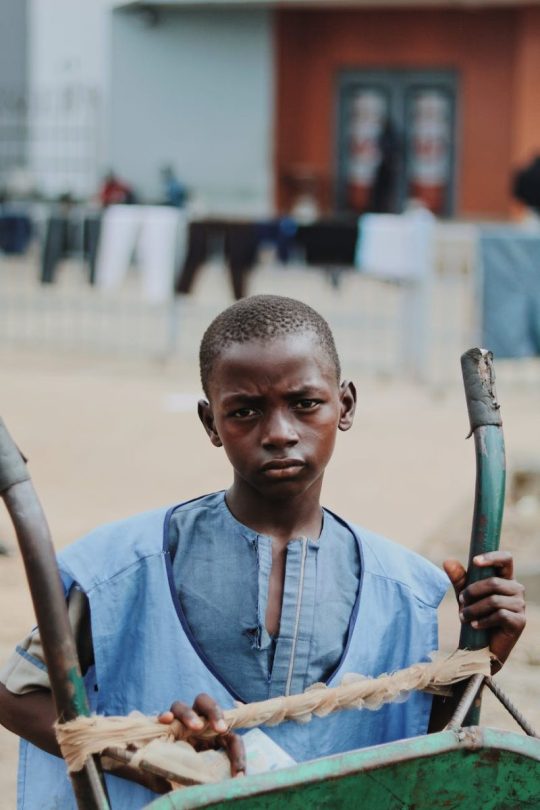
View On WordPress
0 notes
Text
I'm not mad I'm just disappointed because if you spent two seconds to think about how fur and leather alone has deep ties to human culture and our understanding and appreciation of the natural world it's honestly really beautiful and just feels so strange to me that people who say they love nature want to divorce themselves from it.
Like yes, capitalism bad. I don't agree with the way that animals are treated as products to the point where blatant animal cruelty is excused by mega corporations. I want places like that to be held accountable and made to follow higher welfare standards for the animals they raise and the underpaid employees out there working in sometimes awful and very unsafe conditions.
But if you're simultaneously ignoring the culture of African leathermaking or the beautiful leather and wool textiles crafted by Indigenous artisans or the ways that ancient humans appreciated the animals they killed for meat and clothing by telling stories and making art depicted on the skins of the animals they took, that's what bothers me.
So many people are willing to just attack vulnerable communities instead of learning about thier culture and how animal products were used traditionally and today. There are better ways to raise animals for products sustainably and humanely and many of these communities have spoken very loudly about it but are yelled over by people who just want to be right or don't want to listen or just don't care.
So yes, I will continue to speak my mind and educate myself because if nothing else I wanna be the start of the change I wanna see in the world. I love animals and I love learning the history of humans and our relationships to animals. I want to be able to appreciate them in the ways we always have. With respect to the natural world and understanding that we're also a part of it.
#jackal's journal#ok I'm done#I can't sleep so I'm rambling but#stop assuming your way is the only way#or that people who defend the use of animal products are just automatically siding with the devil#ya'll don't even know how hard it is to research my own cultural background because of this#like given I had the time and resources I would LOVE to study African-American leathermaking and use of animal products#but so many businesses were wiped from existence or bought up or shut down#lemme stop before I get too passionate in my own damn tags#I just got feelings
1K notes
·
View notes
Text


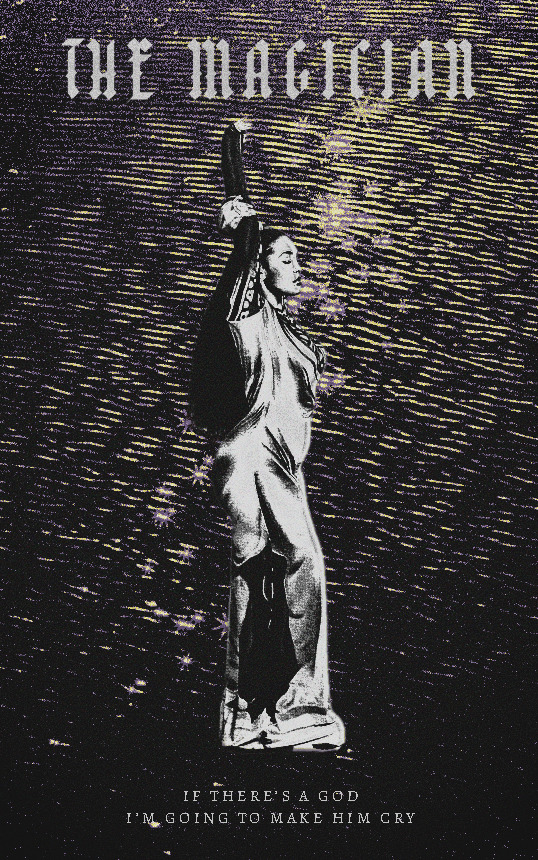
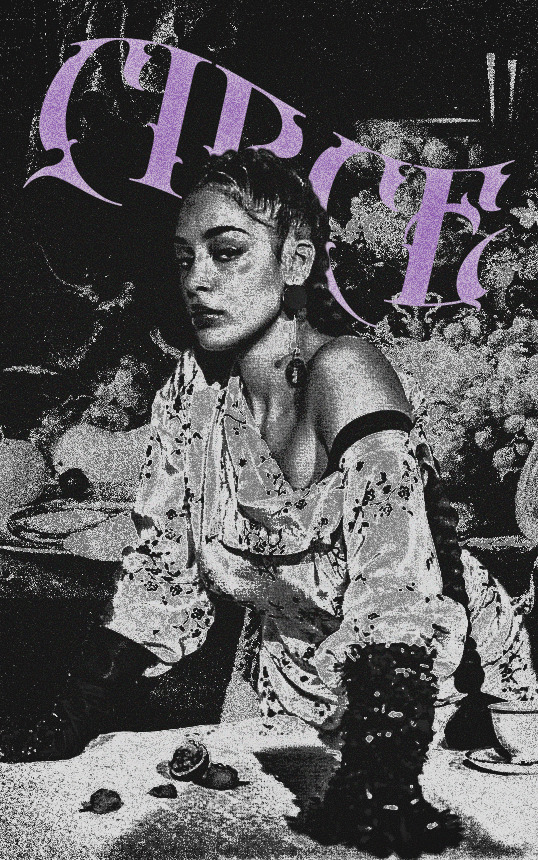
Jorja Smith
credit: suskind
#jorja smith#jorja smith avatars#jorja smith avatar#fc female#forum rpg#ressources rpg#avatar rpg#forumactif#rpg resources#400x640#bichromatic#monochromatic#underused faceclaim#african jamaican faceclaim#african jamaican x english
58 notes
·
View notes
Text
introductory reading list for political education. covers:
political prisoners
Black labor and socialism
colonialism/imperialism
international socialism
feminism and socialism
eco-socialism
peoples histories
Black liberation and pan africanism
Indigenous liberation
Palestine and anti-zionism
gender and sexuality
disability justice
cultural work
—
🚨 want more materials like these? this resource was shared through BFP’s discord server! everyday, dozens of links and files are requested and offered by youth around the world! and every sunday, these youth get together for virtual teach-ins. if you’re interested in learning more, join us! link in our bio! 🚨
#resources#bipoc#political prisoners#Black liberation#socialism#anti capitalism#colonialism#imperialism#intersectional feminism#ecosocialism#pan africanism#indigenous#palestine#anti zionism#gender#sexuality#disability justice#culture#free palestine#israel
72 notes
·
View notes
Text
-
#Seeing the dune part 2 american centric red carpet and as a devoted aficionado of the books and yk a moroccan person here are my 2 cents#Dune was one of the few Western works inspired by MENA culture that that felt genuine and respectful#But ofc despite the profound symbiosis with Middle Eastern and North African culture evident within the pages of the novels#the movie adaptation lack of substantive representation from these communities both in on-screen portrayals and within production roles was#very much disappointing in part 1 and i doubt there are any change now#While drawing inspiration from the Amazigh peoples of Algeria and Morocco#the film barely skims the surface of its MENA influences leaving substantial potential untapped#Herbert openly acknowledged the profound impact of Islam and MENA culture on his noveIs#from the metaphorical representation of Spice as oil#to the allegorical parallels drawn between the occupation of Arrakis and real-world MENA geopolitics#By marginalizing Arabs from the narrative fabric of Dune the essence of the story is being undermined particularly its anti-colonial core#the irony of this is kiIIing me because this was a direct resuIt of us impérialism on the middIe east#But the reality is that Dune is an American production tailored for an American audience so it makes sense for it to be what it is now#a big production running from its original essence#What adds to my disappointment is the fact that I liked Villeneuve's adaptation of Incendies and I had what you call foolish hope hfhg#Dune feIt Iike a squandered opportunity to authentically depict the cultural milieu that inspired it#Given the narrative's inherent anti-colonial themes#the omission of Arab and North African voices dilute its message if any of it is even left#without representation from Arabs and Amazigh people the cultural essence becomes another appropriated resource watered down to an aestheti#rather than serving as a critique of the destructive actions of colonialists seeking power and dominance#the narrative becomes susceptible to distortion and co-option by the very entities it was intended to condemn and hold accountable
37 notes
·
View notes
Text
‘They’re targeting us’: Sudan’s army cracks down on democracy activists
by Mat Nashed for Aljazeera, 9th January 2024.
"Mohamad Osman* was among them, but military intelligence arrested him as he was trying to flee on December 27."
"He was taken to a secret detention centre – commonly referred to as a “ghost house” in Sudan – where the army quickly found out that he was a member of the Kalakla resistance committee, one of many neighbourhood groups that spearheaded the pro-democracy movement before the war.
For five days, Osman was electrocuted and forced to look at seven corpses rotting on the cold concrete floor. He was going to be number eight."
#resources#links#very informative#sudan#khartoum#current events#eyes on sudan#keep eyes on sudan#keep eyes on darfur#RSF#SAF#sudan conflict#african news
35 notes
·
View notes
Text
“Race, Colonialism & Politics in the African, Caribbean & Black Diasporas” reading list:
Black and British: A Forgotten History by David Olusoga
Natives: Race and Class in the Ruins of Empire by Akala
The Anatomy of a South African Genocide by Mohamed Adhikari
Black and British: A Forgotten History by David Olusoga
Brit(ish) by Afua Hirsch
The World's War by David Olusoga
Behold, America by Sarah Churchwell
Sweet Land of Liberty? by Robert Cook
The Kaiser's Holocaust: Germany's Forgotten Genocide and the Colonial Roots of Nazism by David Olusoga
From Protest to Challenge, Vol. 1: A Documentary History of African Politics by Gwendolyn M. Carter & Thomas Karis
Lilly (@the-azzangna) has a far more comprehensive list of books, articles and YouTube videos, as this is her area of study; this is merely a springboard into reading material.
94 notes
·
View notes
Text
I'm trying not to block people. But there's only so many times I can go 'give people the benefit of the doubt' and then click their blog and what's literally the third or fourth post on their blogs? They talk about middle eastern people like savages who can't control their violent urges. And of course, more than half of them are Americans. After posing for 20 years, the masks that temporarily went up when anti-war activists criticised the American war in the Middle East are slipping, some of you never really believed brown people to be your equals did you? Get the fuck off my blog.
#it's infuriating to watch. American voices drowning out everything el. American opinions rule everything. American politics shapes the world#shut the fuck up; you live in Cincinnati OH USA. This will not affect you like the people in countries you cannot point on the map#an honorary citizenship doesn't change that#every time the US talks it's so loud that it automatically becomes default opinion because (as we have covered countless times before)#any and all events elsewhere are framed in world media as 'how does this affect the US' or 'what does the US think of this?'#and that's how we get shit like 'US vetos at UN' being talked about more than 'all countries EXCEPT the US voted for a ceasefire in the UN'#(for which an American zionist blocked me: why should an American's opinion on this be most important?)#rant#give me strength; I go outside and people are way more even-headed but my god online it's awful#some day the west will treat everyone else as important and not just because they import (/steal) natural resources from there#or that the US has a strategic military base there#(e.g.: imports: the reason the US doesn't fuck with China too much.#geographical proximity to China and Russia: the reason why the US wants an ally in India#military outpost to the middle east: Israel. Raw materials: african nations. You get me?)#though it's insane how far they're going to defend Israel rn; they'd have dropped any other ally of convenience by this point
8 notes
·
View notes
Text
youtube
ACCOUNTS TO FOLLOW TO LEARN HOW TO SUPPORT CONGO:
Congo Friends on Instagram
PappyOrion on TikTok & Instagram
#congo genocide#dr congo#fd signifier#cobalt#tesla#apple#africa#marvel#rwby#rwandan genocide#marvel comics#marvel cinematic universe#free congo#rwanda#natural resources#african politics#politics#news#world news#vibranium#elon musk#black panther#black panther movie#Youtube
7 notes
·
View notes
Text
Pen and Paper: Library of a Pan African Communist
Free pdf, audio books and other media added daily.
#pan africanism#black people#africa#pdf#free books#library#online resources#communist#scientific socialism#Nkrumahism-Toureism#politics#history#western imperialism#capitalism#racism#protests#books#resistance#Palestine#west papua
98 notes
·
View notes
